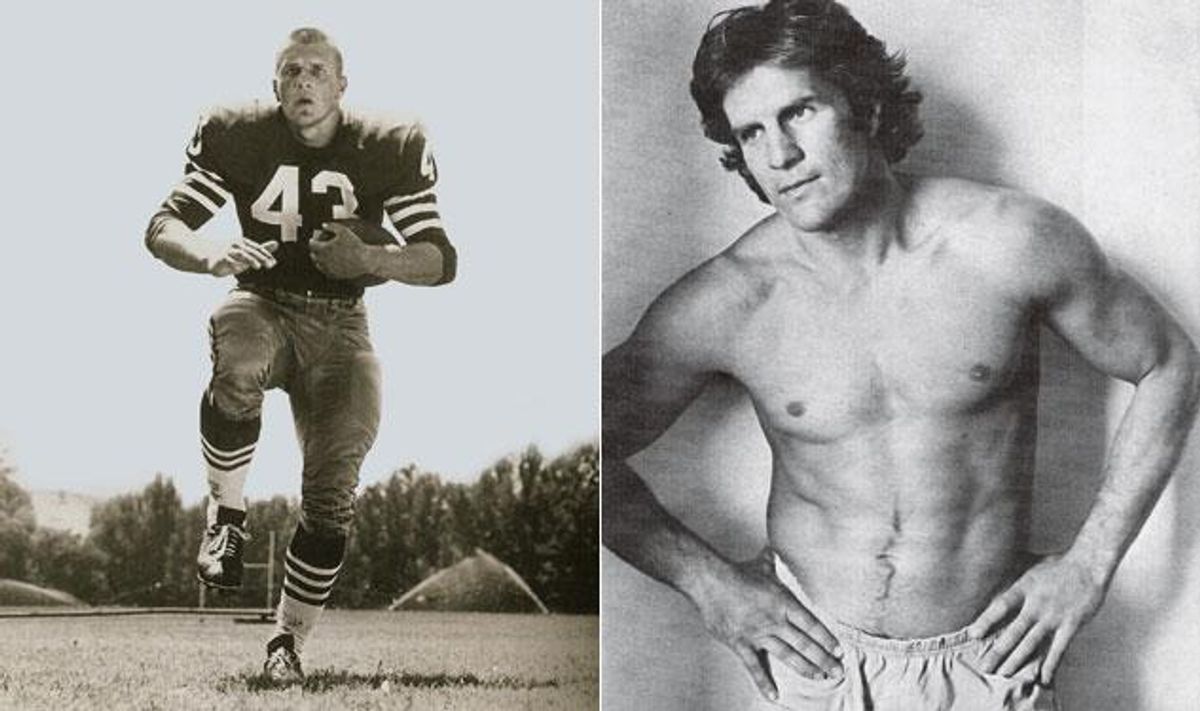Sports
The Grass Ceiling

NFL running back David Kopay has waited a long time to see his brave stand bear fruit.
July 30 2012 9:14 AM EST
May 26 2023 1:43 PM EST
By continuing to use our site, you agree to our Private Policy and Terms of Use.

History takes time. We understand this intrinsically, but when it comes to our rights -- our lives -- we become impatient. David Kopay made history in 1975 when, after almost 10 years as an NFL running back on teams like the 49ers and Vince Lombardi's Redskins, he told a newspaper reporter something no other professional athlete had ever said before: "I'm gay."
The response at the time from some in the sports establishment is worth remembering. "My reaction was one of sickness," said the Philadelphia Eagles' head coach. The PR director for the Minnesota Twins railed: "Your colossal gall in attempting to extend your perversions to an area of total manhood is simply unthinkable."
Other closeted NFL players distanced themselves from their old friend. Jerry Smith, a star Redskins tight end, had discussed coming out with Kopay in a book, but Smith died of AIDS in 1986 without ever publicly acknowledging he was gay. Some teammates and officials supported Kopay, but history has been slow to catch up on the football field.
Nearly 40 years later, only two other NFL players have come out, both after retiring. No out man has ever played an American professional team sport. If that sounds footnotey, consider this: Americans have never turned on the TV to see an honest gay man in the end zone, on the mound, at the free-throw line, or hustling across the ice. Kopay knows how tough it will be for that player, comparing it to Jackie Robinson breaking the color barrier. When Kopay was playing, his nickname was "Psyche," because he was always psyching himself up to excel. He felt he had to be the "tough queer."
Now 70, Kopay lives in Los Angeles near Occidental College. Another history-maker, Barack Obama, walked those campus paths not long after Kopay came out. The connection isn't lost on Kopay, who says modestly of his accomplishments, "I just feel good about what I've done." He's never felt comfortable being celebrated, as he puts it, for being himself.
Over the years, he's received thousands of letters, and his 1977 autobiography, The David Kopay Story, continues to inspire young athletes. He will never know most of the people he's touched: the gay kid hitting the backboard or sprinting another lap around the track, or the coach who bans "fag" from the locker room. These are Kopay's real legacy.